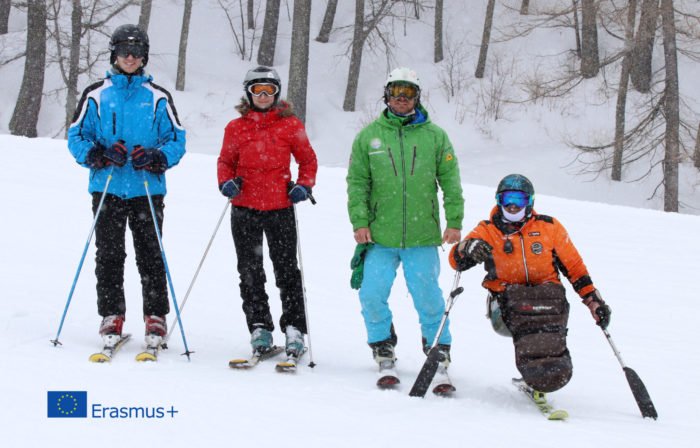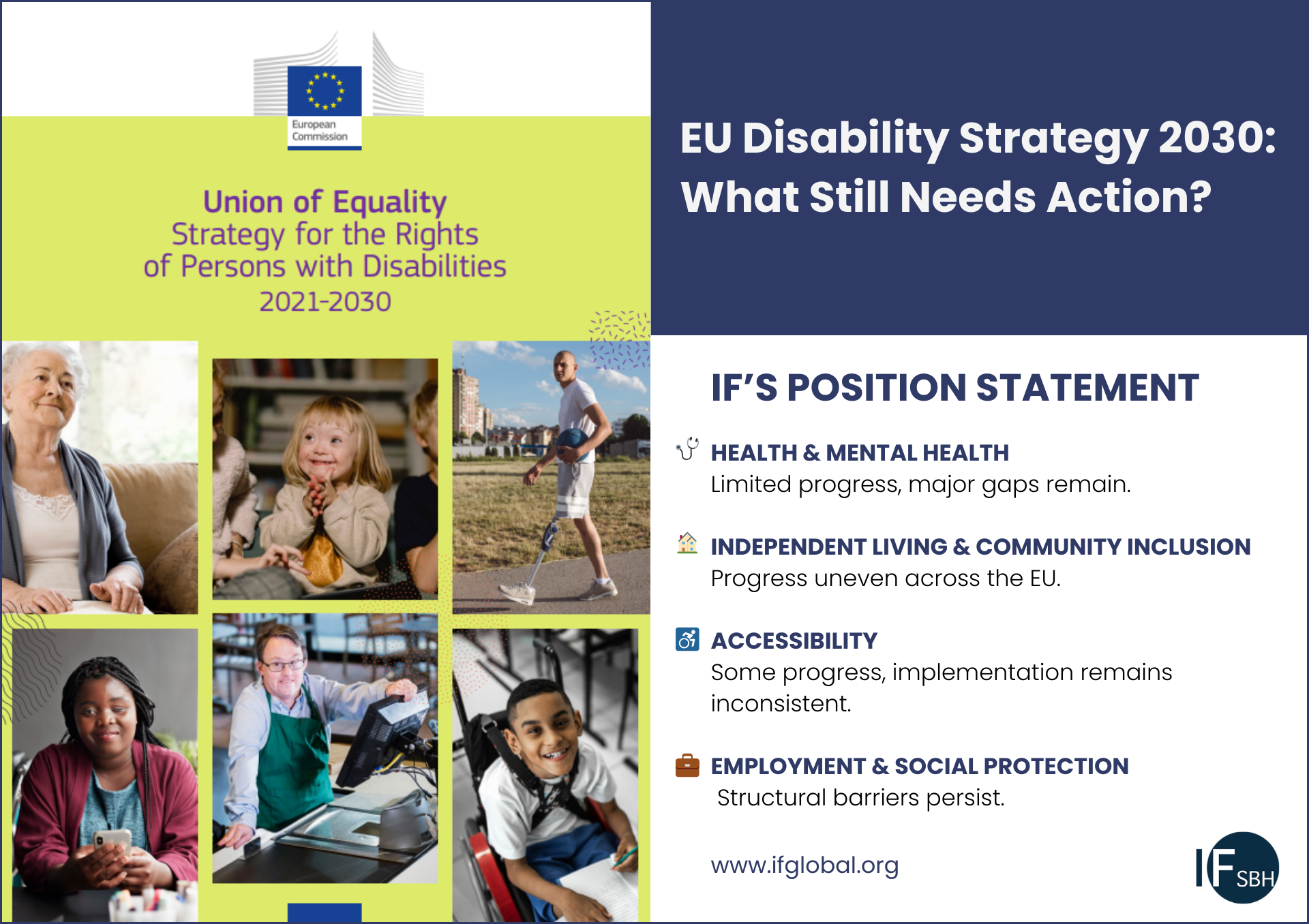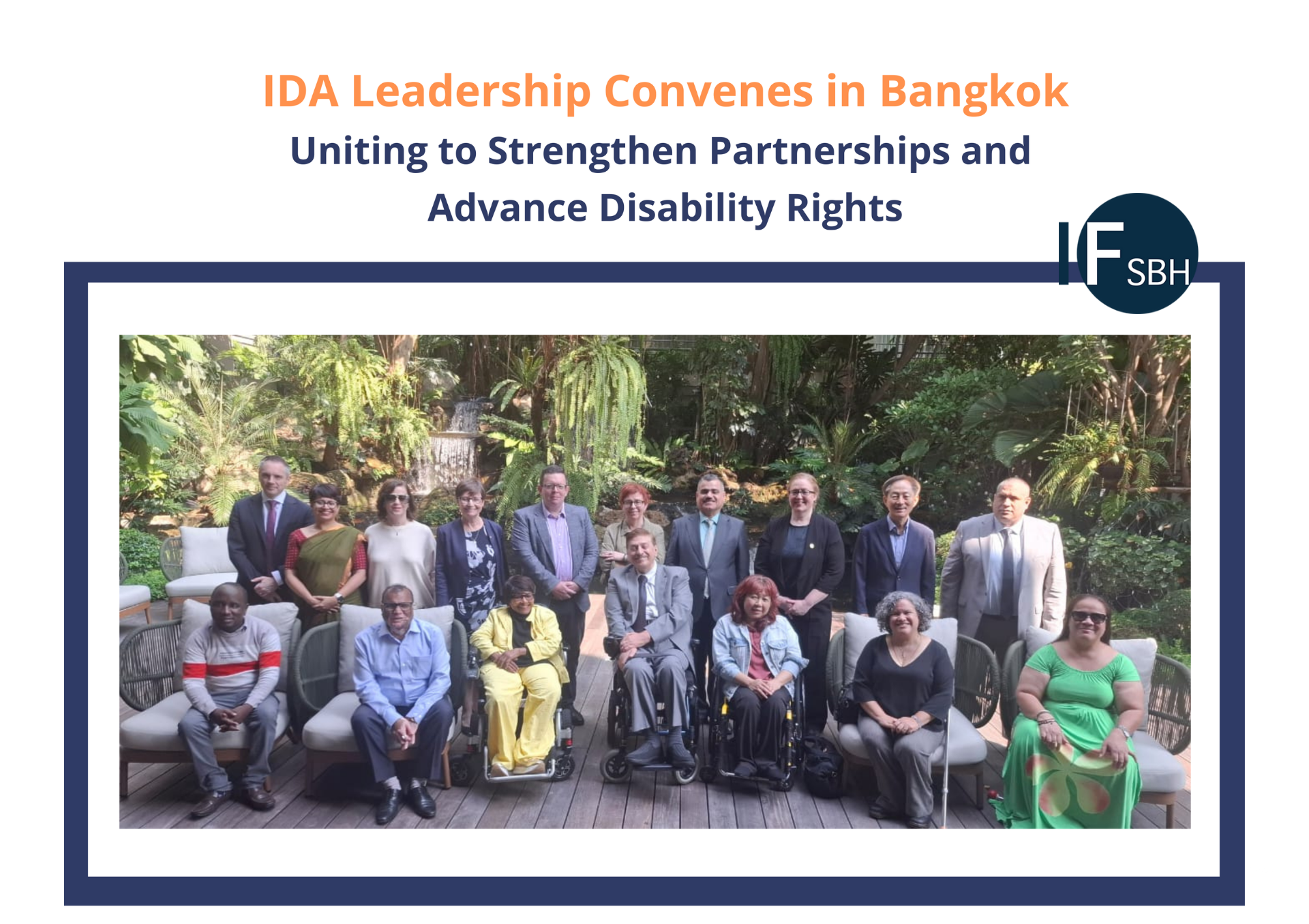6 May 2019 // Today, we proudly announce the finalised guidelines of ‘Ski For All’, the Erasmus+ project that aims to promote social inclusion through equal opportunities in access to sports, as well as participation in health-enhancing physical activity, for young people with disabilities, such as spina bifida and traumatic injuries. Sport helps young people to develop and express their physical, cognitive and interpersonal skills.
Six different organisations closely collaborate around the themes of sports, disability, education and inclusion in society. Together they aim to strengthen the competences of school teachers and ski coaches to create and strengthen a better and inclusive sports culture – starting in schools – and to promote the inclusion in peer groups of children with disabilities in the whole European community, in education and beyond.
Mainstream sports have become more and more accessible to people with physical disabilities, yet countries that have ratified the UN Convention on the Rights of Persons with Disabilities should actively promote the participation of persons with disabilities in sports. The ‘Ski For All’ project wants to support countries in this obligation, by introducing their guidelines with best practices, and practical examples and suggestions on ski techniques, for students, ski coaches and school teachers.
With the creation of the guidelines, ‘Ski For All’ project participants will promote the physical activities of children with and without disabilities. Through a rich methodology – full of content that has been tested by FreeRider and the other partners – teachers, technicians and coaches will get the qualification required to accommodate the special needs of young people with disabilities, involving all the students. The model will be tested during a pilot experience inside a Winter Sport Camp and implemented in 3 countries.
Through learning activities, each country will implement the methodology within schools, where at least 3 schools will collaborate in a way that around 30 youngsters with disabilities will benefit. On parallel, good experiences and practices will be collected in order to set the parameters to replicate the guidelines at the European level, thanks to the international network of IF.
The guidelines are an essential tool to ensure that all participants will have a safe and enjoyable experience, tailor-made to their needs and based on their skills and objectives. Therefore, the teaching techniques are divided into three different categories (beginner, advanced and top level), adopting different equipment and locations for each category.
Throughout the whole training, the participants will be assisted by a number of teachers, who will start with evaluating their attitudes and possibilities and together they will decide which skills to develop. A multidisciplinary approach will be used and, apart from skiing techniques, participants will have the possibility to enhance empathy and learn good relationship building. These so-called ‘soft skills’ will contribute to reducing the risk of school drop out.





